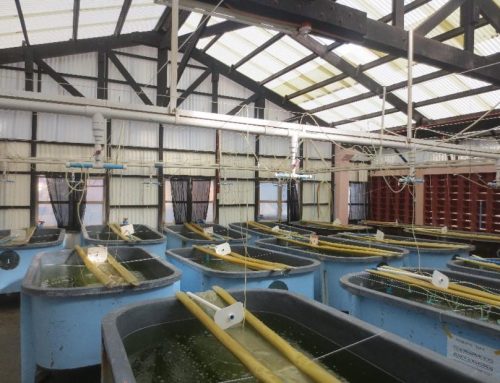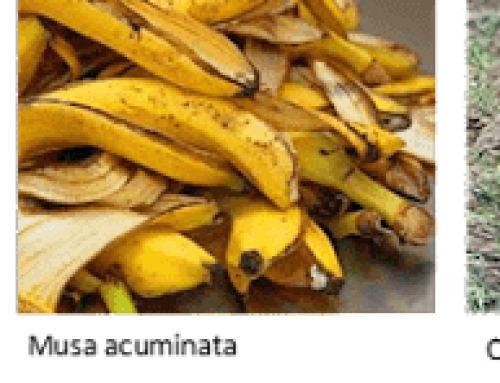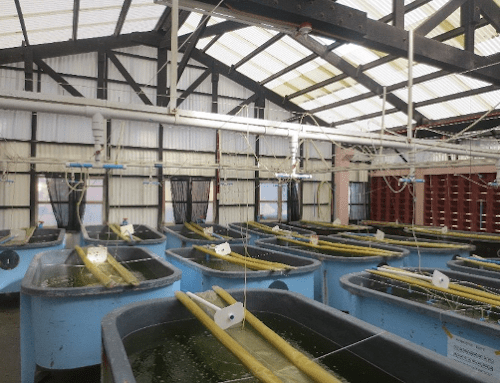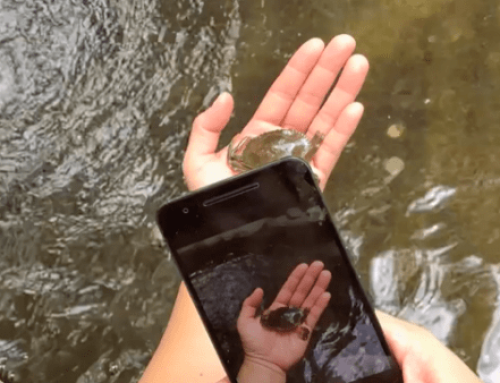In this Article
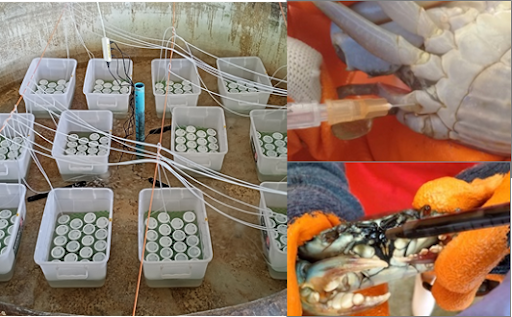
The use of biotechnology specifically focusing on the metabolic pathways and metabolites (biogenic amines and terpenoids) directly involved with molting presents itself as an intuitive approach to further improve the feasibility of soft-shell crab production even at smaller scales through the induction of precocious and synchronized molting of crab stocks.
This project aims to establish protocols and technologies (mode of delivery, dosage, and frequency) using metabolites directly involved in the molting process to hasten and synchronize mangrove crab molting for soft-shell crab production; determine basal amounts of applied exogenous metabolites for induced molting (for food safety/quality concerns); elucidate the effect of applied exogenous metabolites on the overall metabolic pathways involved in molting for better stock management; and test developed molting strategies with identified adaptors of soft-shell crab technology developed by SEAFDEC-AQD.
Among the three modes of metabolite delivery, immersion has the best potential in inducing molting in mangrove crabs, Scylla spp. On the other hand, melatonin was found to be more effective in inducing molting through immersion. Moreover, immersion in melatonin resulted to the highest molting rate and improved survival rate and it does not require excessive handling of crabs. Remarkable precocious and synchronous molting were also observed in melatonin treated crablets. Furthermore, no significant difference was found in the post-molt survival rates, mortality rates and weight increments of the crablets among the three groups.

